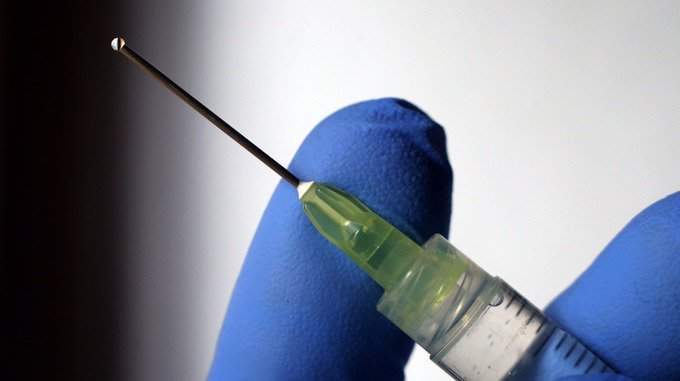
“Low-value” prescriptions will no longer be provided to patients on the NHS in an attempt to cut costs.
The aim of the new plans is to prioritise areas such as mental health and primary care, according to the NHS Clinical Commissioners (NHSCC), which represents England’s 209 clinical commissioning groups (CCGs).
As part of the initial crackdown, a list of medications and supplements could soon be unavailable.
“We need to be honest with the population — the NHS can and does provide high quality cost effective care, but our ability to continue to do so will be restricted if we can’t prioritise those areas which will get the best outcomes for patients, whilst getting the best value for our limited NHS budget,” said Dr Graham Jackson, co-chair of the NHSCC in a statement issued today.
The review into prescriptions was announced after the NHSCC identified £400m worth of potential spending cuts on a variety of drugs including painkillers like Co-proxamol and Doxazosin, a pill to treat high blood pressure.
In total, NHS England has highlighted 10 initial prescriptions considered “low priority” when it comes to funding.
How well do you really know your competitors?
Access the most comprehensive Company Profiles on the market, powered by GlobalData. Save hours of research. Gain competitive edge.

Thank you!
Your download email will arrive shortly
Not ready to buy yet? Download a free sample
We are confident about the unique quality of our Company Profiles. However, we want you to make the most beneficial decision for your business, so we offer a free sample that you can download by submitting the below form
By GlobalDataThe first category includes omega-3 fatty acids and three other products regarded as clinically ineffective, while the second category features four clinically effective but not cost-efficient products including Fentanyl, which is used in palliative care. The third and final category represents clinically effective but non-essential NHS provisions such as travel vaccines.
Tadalafil, the Viagra alternative, and gluten-free food, essential for those with Coeliac disease, the lifelong autoimmune condition, are among the 10 proposed prescription cuts with total expected savings of up to £128m a year.
In defence of the decision to stop prescribing gluten-free foods, documents submitted to NHS England obtained by the BBC cite the choice on offer across UK supermarkets and health food shops for people with allergies.
Suncream, cough remedies, heartburn relief, and indigestion tablets may be added to the list after the initial roll-out is complete, according to the NHSCC.
So will prescription cuts really save the NHS money?
“The rising cost of medicines is one of the biggest funding pressures facing the NHS. Spending on medicines has increased by a fifth since 2010. Over the next few years drug costs are expected to increase at four times the rate of funding growth for the NHS,” Anita Charlesworth, director of research and economics at the Health Foundation told Verdict.
“The government expects more than 100 new drugs to be launched in the UK next year. Many of these new medicines will offer significant improvements in care but often at huge expense. Reducing spending on lower value products to create headroom for new, high value therapies is important. But this is not a panacea, the savings are relatively small scale compared to the £17bn drugs bill for the NHS as a whole,’ she added.
Labour leader Jeremy Corbyn attacked the prescription cuts, which he said will force patients to “go without the medicine they need”.
Tory cuts have gone too far. Labour will re-nationalise our NHS so patients do not go without the medicine they need https://t.co/gwQz9s43Jj
— Jeremy Corbyn MP (@jeremycorbyn) 28 March 2017
Professor Helen Stokes-Lampard, chairwoman of the Royal College of GPs, echoed Corbyn’s concerns, warning that the move could alienate the vulnerable.
“Imposing blanket policies on GPs, that don’t take into account demographic differences across the country, or allowing flexibility for a patient’s individual circumstances, risks alienating the most vulnerable in society – and we will be seeking assurances from NHS England that this won’t be the case.”
However, Julie Wood, the NHSCC chief executive responded to criticism, telling Verdict that the plans do not represent a blanket ban.
“We are not today saying we are stopping prescribing all of these drugs for everyone all of the time,” she said. “There could be some exceptions. If you think about the gluten-free example, it could be that only some gluten-free foods and only some patients are targeted. We will take on board concerns from patients and clinical professionals before working towards implementation as rapidly as we can.”







